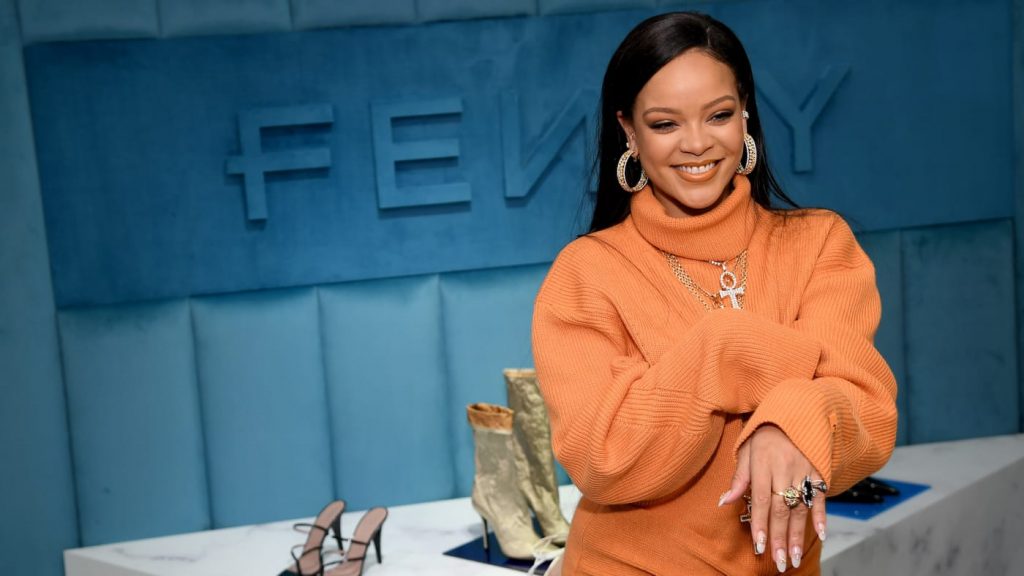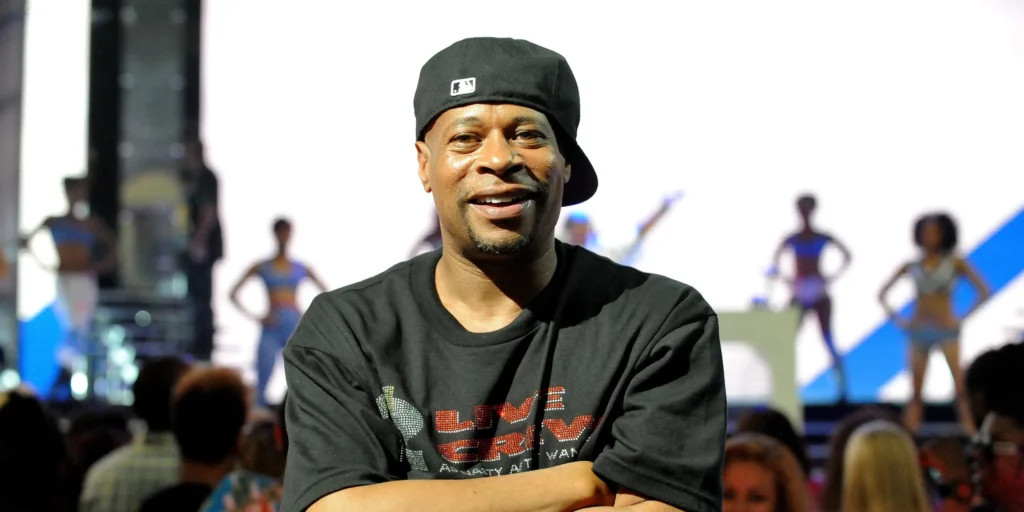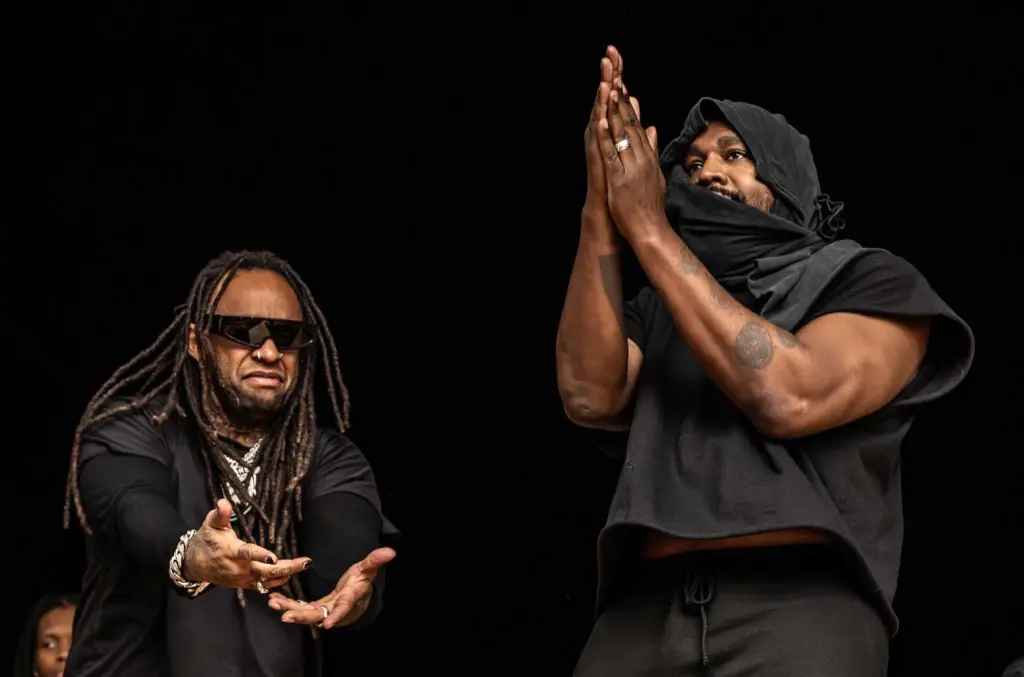The story has been told forever. A powerful music executive finds a girl who is both beautiful and talented. She then makes music that everyone loves, and her popularity goes through the roof. What’s new about Robyn? Rihanna Fenty, on the other hand, did something that was completely out of the ordinary for a pop star: she became a billionaire because of how smart she was at business, not because of her mega-hits, which she had been making for almost fifteen years.
We watched Rih’s slow, but wonderful, change of direction with rapt attention. In 2017, when her cosmetics brand Fenty Beauty came out, there were signs that she was changing from a singer to an entrepreneur. Because she is such a hugely popular beauty and style icon, the makeup brand was a huge hit right away. But it wasn’t a flash in the pan like most business ventures backed by celebrities, especially makeup brands.


The company turned the beauty industry on its head by taking a strong stand on diversity and offering 40 shades of foundation without being asked. It was something that no other brand had done before, even though BIPOC customers had been complaining for years that there weren’t enough foundation color matches that looked like them.
Dominic Madori-Davis, a senior reporter who covers startups and venture capital, said, “She completely shocked everyone by simply validating her customers’ feelings.” She says that she has watched Rihanna’s rise to fame for years and that it is unmatched.
“Rihanna knows how to connect with her fans, whether she’s on stage, on social media, or on store shelves,” said Madori-Davis.
Kourtney Ziegler, a tech entrepreneur, said that a big part of Rihanna’s success is that she is able to connect with people from different backgrounds and make them feel like they are seen.
“She comes from a poor background and has had to deal with racism, sexism, and other forms of discrimination in all parts of her life and business,” Ziegler said. He also pointed out that Rihanna’s desire to highlight underrepresented groups may have been influenced by her early struggles. This is shown by both the shade ranges of Fenty Beauty and Rihanna’s lingerie brand, Savage X Fenty, which often uses models of different races, sexual orientations, disabilities, and ages.
Madori-Davis says that Rihanna’s business success is a sign of a big change in the entertainment industry, which has been known for treating artists like products and giving them little or no control over their work. Rihanna had to learn this the hard way early in her career, which was unfortunate.
“Fans often think that music artists are rich when they first start out, but that’s not true.”
In 2007, she released “Umbrella,” which became her big hit. By that time, she was said to have made close to $50 million from selling albums, going on tours, and getting endorsements. But it was shocking that only two years later she was almost broke. Business Insider says that her accounting team stole money from her, which caused her income to drop to $2 million in 2009.
“Like other women in the industry, like Beyoncé, Rihanna has really applied that boss mentality to all parts of her career.” “She owns all her masters, which is really rare for a female artist,” Madori-Davis said, referring to the masterful move Rihanna reportedly made when she left her old label in 2012 and bought the original recordings of all of her songs. She then started her own label under the RocNation umbrella. This made it possible for her to put out music and get a big share of the royalties.
Rihanna has been promising new music since her last album, 2016’s “Anti,” but nothing has come of it. Aurielle Brooks, an entertainment lawyer in Atlanta, knows why: it’s not as good for business as people might think.
Fans often think that music artists are rich when they first start out, but Brooks, whose clients include Lil Baby, Muni Long, and Lil Durk, said that’s not the case. “The music business can be hard to predict. If you’re an artist, you can put out an album at the wrong time, and it won’t do well. Artists have to keep going with their music, tours, endorsement deals, partnerships, and other business ventures. Focusing on business will help Rihanna deal with the uncertainty of the music business and give her more control over her own ideas.
“By just being herself, she’s really breaking down barriers for Black founders everywhere and showing them what’s possible.”
George Acheampong, a financial advisor and the founder of the firm Capitalize, said that celebrities are often put into certain categories, which can hurt their business. But, he says, this problem with Rihanna’s public image was good for her business growth.
“So much emphasis is put on the artist’s art or talent as their main asset,” Acheampong said. “But Rihanna realized early on that her greatest asset was her brand power, which she used to get equity ownership and a partnership with one of the world’s most famous brands, LVMH, to launch her clothing line.” “As a result, she was able to become a billionaire by the time she was 33, which is 16 years earlier than Jay-z, whose label she signed to when she was 16.” So, it could be said that he was able to show her the way and speed up her journey. Rihanna became a good example of how to use art as a way to get real ownership and wealth.
And that money is a lot.
Forbes says Rihanna is worth about $1.7 billion right now. She owns 50% of Fenty Beauty, which brings in an estimated $1.4 billion. Another part comes from a stake in Savage x Fenty, which is worth an estimated $270 million at its peak. The rest of the money comes from all of the years she worked hard as a musician.
Madori-Davis said that Rihanna’s rise is especially interesting because she is a Black woman in business, which makes her a double minority that could have slowed her business growth even with her fame.
“So many people doubt Black women, even when we’re famous,” she said. “Fenty Beauty is said to have only one big investor, which shows how much trust she’s earned. This is rare, because most of the time, potential LPs don’t give us the benefit of the doubt.” She is correct.
Even though black women are the largest and fastest-growing group of entrepreneurs in the US, they continue to get very little money for their businesses. In 2020, only 2.3% of global venture capital funding went to women who started companies. Even worse, only 0.35 percent of all venture capital funding went to black women that year.
Madori-Davis added, “By just being herself, she really breaks down all the doors for black founders who want to follow in her footsteps.”




